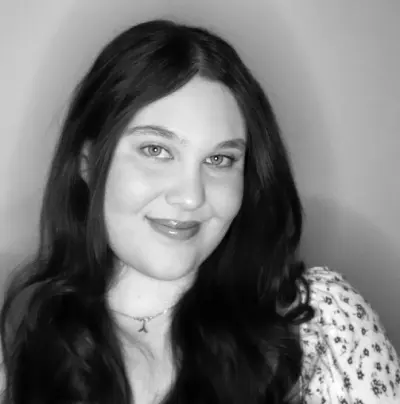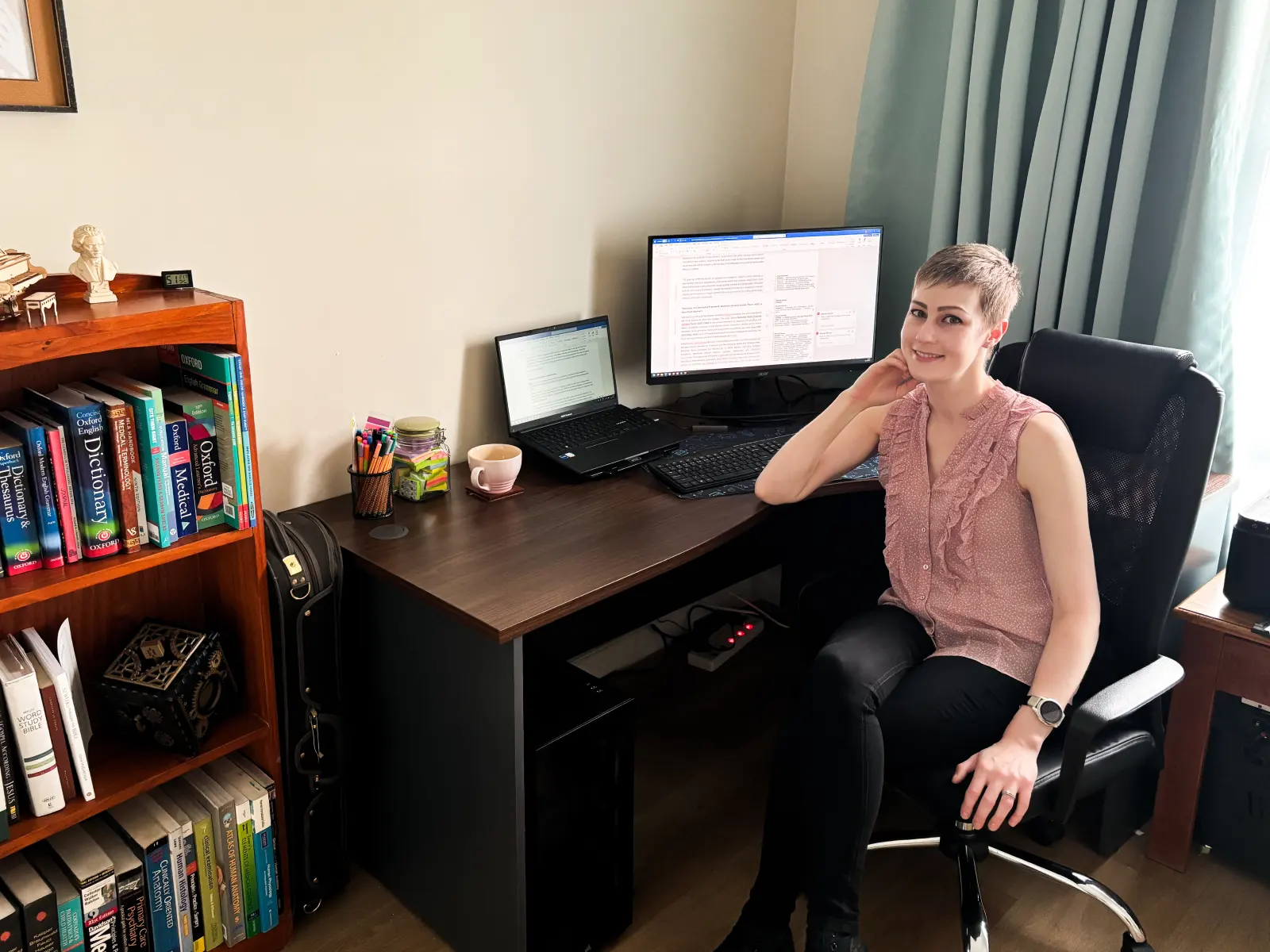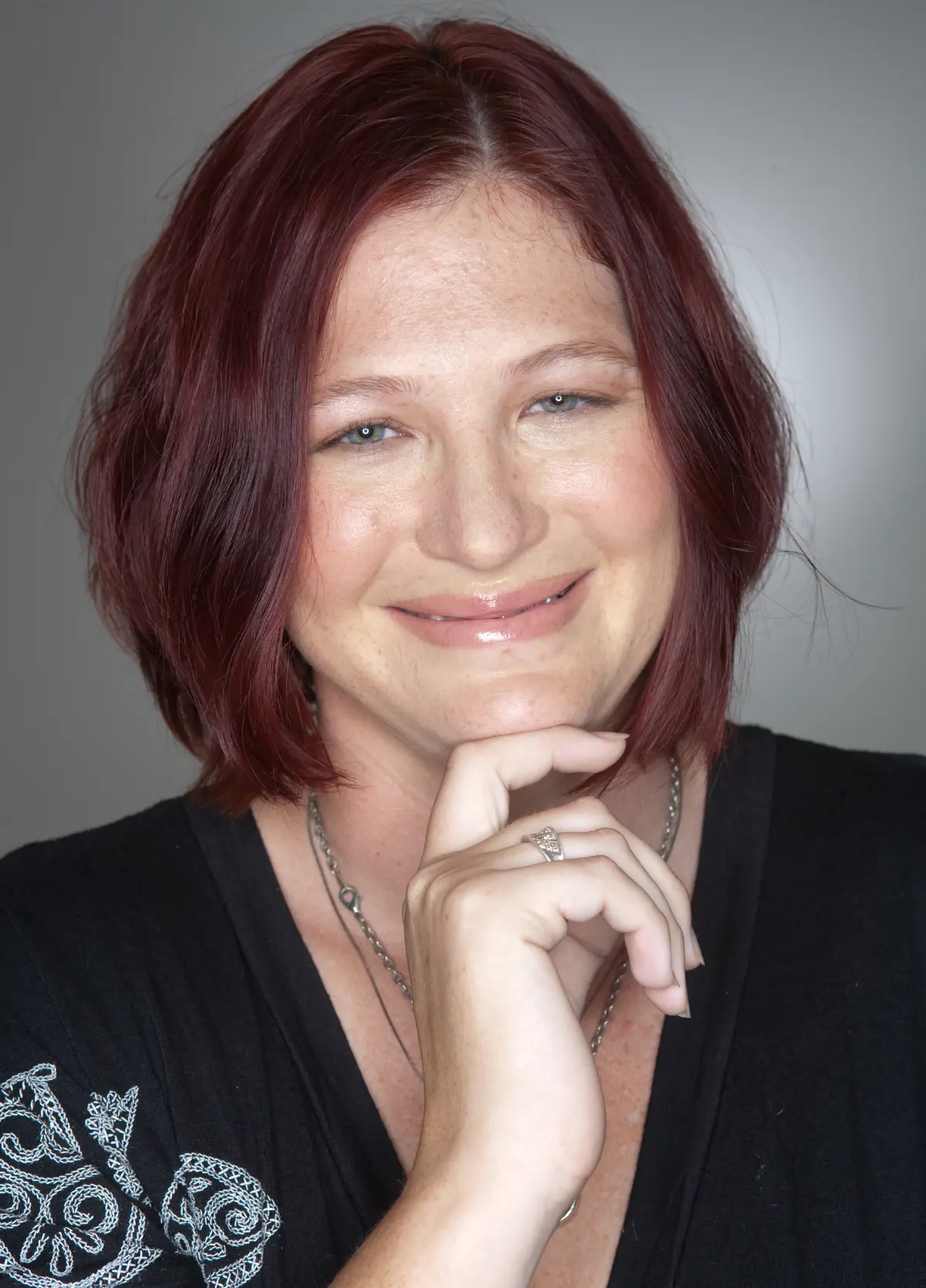BY OLIVIA HOLLANDER
Writing is often solitary, but common struggles – perfectionism, procrastination, self-doubt and imposter syndrome – shape every writer’s journey. Why do they persist, and what do they reveal about the creative process?
How to Overcome Perfectionism in Writing
For me, perfectionism doesn’t always look like a tidy desk or neatly outlined chapter plans. More often, it shows up as endless reworking of a single paragraph or abandoning an entire draft because it didn’t meet an imagined standard. Writers often tie the quality of their work to their worth, believing that if the writing isn’t exceptional from the start, it’s not worth continuing. But writing is iterative. It’s not meant to arrive perfect. Perfectionism demands certainty before discovery, when writing, in essence, is about figuring things out on the page.
Breaking Through Writer’s Block and Procrastination
There’s a difference between taking a break and actively avoiding your own ideas. Procrastination is rarely about laziness. It’s usually fear of failing, of being judged, of realising the piece might not come out the way it exists in your mind. Sometimes it disguises itself as productivity – waiting for the ‘right mood’, organising files, tweaking fonts. At other times, it’s just quiet avoidance. And while it can feel frustrating, naming it can help loosen its grip. Often, starting, even with one messy sentence, is enough to shift something.
Building Writing Confidence and Self-Belief
Confidence in writing doesn’t automatically emerge with experience. Even published authors second-guess their ideas. Writing requires conviction: the belief that your words have merit, and that they’re worth shaping. The challenge is not to erase doubt entirely, but to write through it. Writing doesn’t require constant self-assurance. It just requires that you try – even when you’re unsure.
Creative Writing Ideas: How to Generate Story Concepts
A quiet fear writers can carry is that they’ll run out of things to say. Or worse, that nothing they write will feel original. This creates a kind of creative paralysis. But most ideas don’t arrive fully formed. They develop through writing, not before it. The most compelling work often begins with something small: a question, an image or a line of dialogue – not a finished concept.

Time Management for Writers: Finding Your Writing Schedule
Writing takes time – time to think, to feel something out, to wander through the wrong idea before finding the right one. For people balancing work, studies, caregiving or burnout, time feels like a luxury. The myth that one needs hours of uninterrupted silence to create can be discouraging. But writing in smaller increments and adding consistency often builds more progress than writing for an ideal stretch of time that never arrives.
READ MORE:
- Time management for journalists from an Ayurvedic perspective.
- Best writing tip: I write as if nobody will see my work.
- Self-help 101: build trust in one easy step.
Overcoming Imposter Syndrome as a Writer
This one never really goes away. I still have moments where I feel like a fraud, as if any second someone’s going to tap me on the shoulder and say, ‘You’re not a real writer’. I know I’m not alone in that. It’s strange how isolating this feeling is, even when so many of us share it. But I remind myself that the act of writing, not the outcome, is what makes me a writer. If you’re showing up, you belong.
Writing Community: Breaking the Shared Silence
What makes these struggles challenging is that they’re rarely discussed openly. We writers often assume that we’re the only ones dealing with this – that others have some secret motivation or clarity we lack. But so often, we’re all just trying to write through the same fog. These doubts aren’t failures… they’re the emotional cost of caring about the work.
When I was deep in one of those spirals, my Freelance Journalism course tutor, Samantha Herbst, said something that snapped me out of it:
‘Just do the thing and let the energy flow. Own your status as a writer and your fabulous name. It’s a good name, and it’ll look great as a byline.’
So, I’m trying to do exactly that, and you should too. Let the energy flow. You don’t need to feel ready; you just need to begin.
About the Author

Olivia Hollander is a journalist and fiction writer with a heart full of stories and a head humming with imagination. She’s passionate about exploring human emotion, dreamy themes, and raw truths through her writing. With aspirations to publish her own novel, Olivia dreams of forming a deep connection with readers. When she’s not behind her laptop, you’ll find her writing letters to her pen pal or catching up on her ever-growing TBR list. Her goal is to craft stories that stay with you long after the last page.












